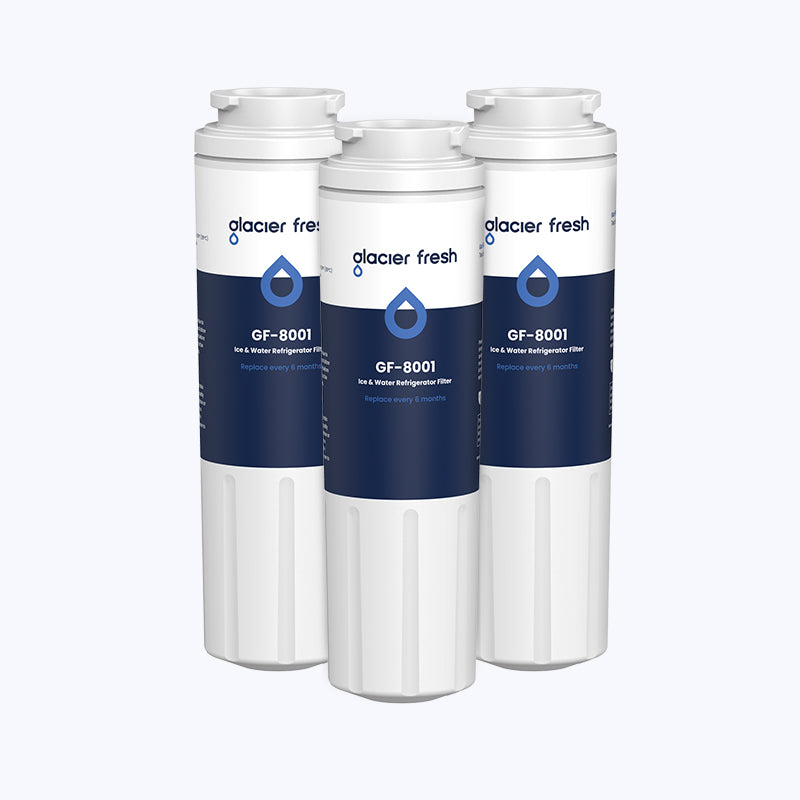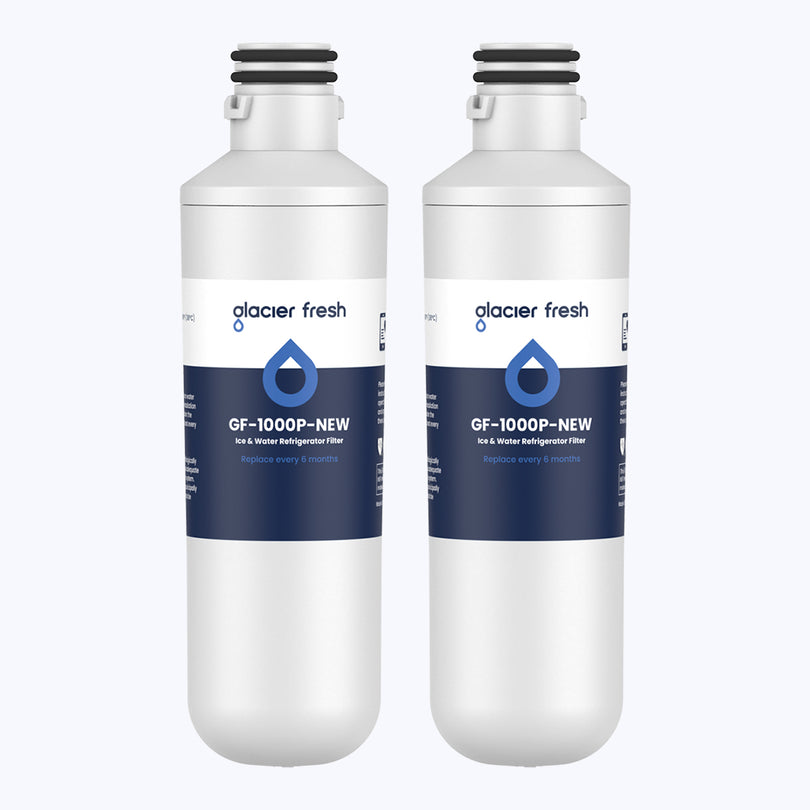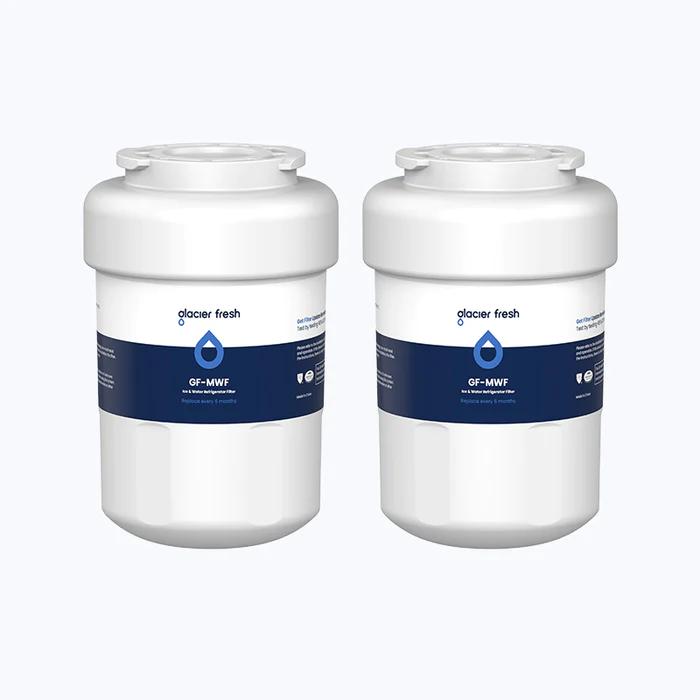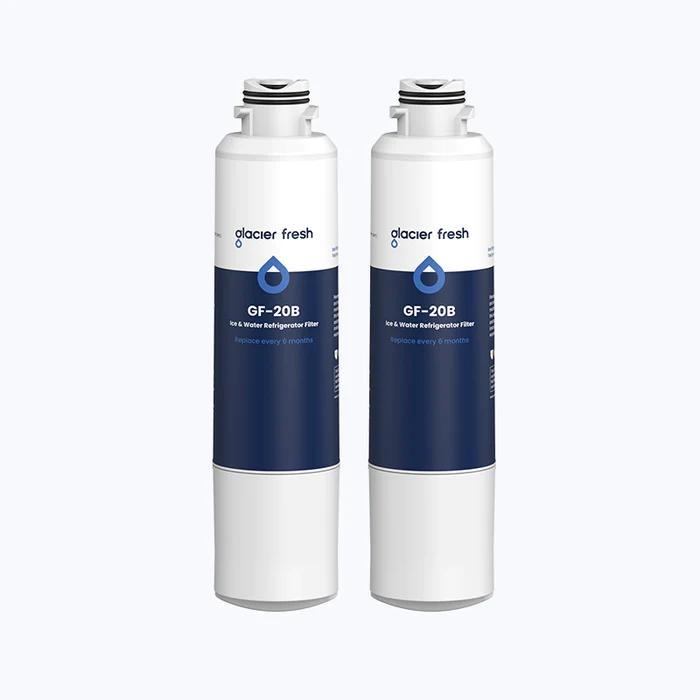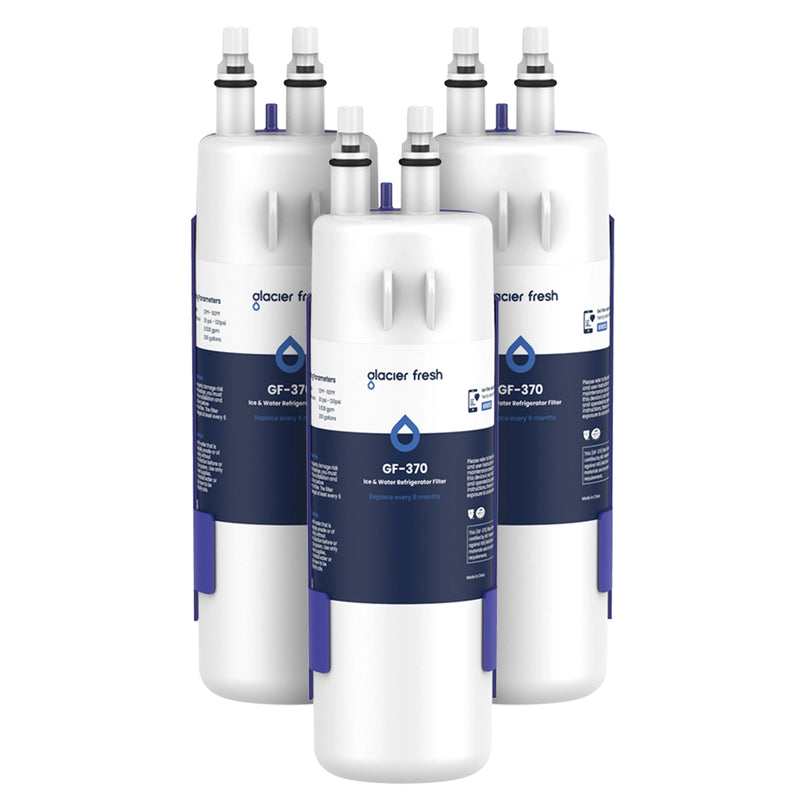Table of Contents:
The importance of hydration for your body
Common foods that can dehydrate you
Methods to always keeping hydrated
FAQs
Conclusion
Are you feeling tired, dizzy, or experiencing headaches? It might be due to dehydration. Dehydration is a common issue many people face, especially during hot summer days. Hydration is a crucial aspect of maintaining a healthy body, and it's essential to identify the factors that can sabotage your hydration levels. One of the most surprising things is that some common foods can dehydrate you.
In this article, you will discover the top hydration saboteurs you might consume without even realizing it. From high-salt foods to alcohol, we will explore the common culprits that can make you thirsty and dehydrated. But don't worry; we will also provide solutions to combat dehydration and maintain optimal hydration levels throughout the day. So, keep reading to unmask the hydration saboteurs and take control of your hydration levels.
The importance of hydration for your body

You might not realize it, but your body depends on proper hydration to function at its best. Water is essential for many of the body's basic functions, including digestion, metabolism, and cognitive function. Without enough water, your body can become dehydrated, leading to adverse health effects. One of the most noticeable benefits of staying hydrated is improved skin health. Water helps flush out toxins from the body, leaving your skin bright and healthy. Additionally, staying hydrated can help reduce the appearance of fine lines and wrinkles and prevent dryness and flakiness. So if you want to keep your skin looking its best, drink plenty of water throughout the day.
Staying hydrated is especially important during exercise, as your body loses water through sweat. To avoid dehydration during a workout, drink water before, during, and after your workout. Additionally, you can eat foods high in water, such as fruits and vegetables, to help keep your body hydrated. Staying adequately hydrated during exercise can improve your performance and reduce your risk of injury.
Common foods that can dehydrate you
Did you know that alcohol can be a surprising culprit of dehydration? That's right, that fun night out could leave you feeling dry in the morning. And it's not just alcohol; those salty snacks you love to munch on can dehydrate you. Even your morning cup of coffee or tea could contribute to dehydration. Let's remember processed foods, which often contain hidden dehydration dangers. It's essential to be aware of these common culprits and ensure you stay hydrated throughout the day.
Alcohol: A surprising culprit of dehydration

Alcohol may be a surprising culprit of dehydration, as it can disrupt the body's water balance. When you consume alcohol, it blocks the production of a hormone that helps your body retain water. This means you may lose more fluids than you realize, leading to dehydration. To prevent dehydration from alcohol, consider drinking water in between alcoholic beverages. Hangover remedies such as coconut water or sports drinks can help replenish lost fluids. If you want alcohol alternatives, try sipping on mocktails or non-alcoholic beer. And as always, moderation is essential in preventing dehydration and other adverse alcohol effects.
Salty snacks: more than just a guilty pleasure

Salty snacks may seem like a guilty pleasure, but they can significantly impact your body's hydration levels. This is because most salty snacks are high in sodium, which can dehydrate you by drawing water out of your cells. When you eat salty snacks, your body needs more water to balance the excess sodium. You can become dehydrated if you need to drink more water to compensate. But that doesn't mean you have to give up salty snacks altogether. You can still enjoy them in moderation by practicing portion control and choosing healthier options. Some alternatives to traditional salty snacks include air-popped popcorn, roasted chickpeas, or sliced cucumbers with a sprinkle of sea salt. And if you're looking for flavor options, try adding spices like garlic powder, chili powder, or paprika to your snacks instead of relying on salt. By being mindful of your sodium intake and making healthier choices, you can still enjoy the occasional salty snack without sabotaging your hydration levels.
Caffeine: your morning cup of dehydration

When you wake up and reach for that morning cup of coffee or tea, it's important to remember that caffeine can have a diuretic effect, increasing urine production and leading to dehydration. While caffeine has benefits, such as increasing alertness and improving cognitive function, consuming it in moderation and balancing it with hydration is essential. If you're looking for alternatives to coffee, herbal teas like peppermint or chamomile can provide a soothing, caffeine-free option. Additionally, drinking water before and after consuming caffeine can help counteract its dehydrating effects. It's also important to consider the impact of caffeine on athletic performance, as dehydration can lead to decreased physical performance. And for those who struggle with anxiety or sleep issues, it may be worth limiting or avoiding caffeine altogether.
Processed foods: hidden dehydration dangers

Processed foods can often be a hidden source of dehydration, so it's essential to be mindful of their impact on your overall hydration levels. Many processed foods contain hidden dehydrators, such as salt, which can lead to water loss in the body. Additionally, artificial additives in processed foods can have a diuretic effect, causing you to lose even more fluids. Another danger of processed foods is the potential for sugar overload. Consuming high amounts of sugar can lead to increased thirst and water loss, ultimately dehydrating the body. To combat the dehydrating effects of processed foods, it's essential to stick to whole, natural foods and incorporate hydration hacks such as drinking plenty of water and consuming hydrating fruits and vegetables. By being mindful of processed food dangers and staying hydrated, you can ensure your body stays healthy and hydrated.
Methods to always keeping hydrated
Making drinking water a daily habit
Establishing a habit of drinking water throughout the day can help you stay hydrated and avoid the adverse effects of dehydration. Here are some tips to make drinking water a daily habit:

- Always carry a water bottle with you wherever you go. This will serve as a constant reminder to drink more water.
- Set reminders on your phone or computer to drink water regularly. This can be especially helpful if you have a busy schedule and must remember to hydrate.
- Use hydration apps to track your water intake and receive daily reminders. These apps can also provide personalized recommendations for how much water you should drink based on age, weight, and activity level.
- Don't rely on thirst as a signal to drink more water. By the time you feel thirsty, you may already be dehydrated. Instead, drink water regularly throughout the day to maintain optimal hydration levels.
Remember, staying hydrated has numerous benefits for your health, including improved digestion, clearer skin, and increased energy levels. Refrain from falling for hydration myths suggesting you only need to drink water when thirsty. By making drinking water a daily habit, you can ensure your body stays hydrated and functioning at its best.
Maintaining a high-protein diet
To maintain a high-protein diet, you must balance staying hydrated and getting the nutrition you need. Protein intake is important for building and repairing muscles but can also increase your body's need for water. It's essential to ensure you drink enough water to avoid dehydration symptoms like headaches, fatigue, and dry skin. One of the hydration myths surrounding high-protein diets is that you need to drink more water than usual to compensate for the increased protein intake.
While it's true that protein requires more water for digestion, you don't necessarily need to drink more water than you would on a regular diet. Instead, focus on drinking water throughout the day and with your meals to ensure you're getting enough hydration. In addition to drinking water, you can also increase your water intake by eating hydrating foods like fruits and vegetables. These foods provide hydration and essential nutrients that can support your high-protein diet. You can maintain a healthy and sustainable high-protein diet by finding a balance between hydration and nutrition.
Monitoring your urine color
Monitoring your urine color is a simple way to gauge your hydration levels and ensure you drink enough water. The color of your urine can tell you a lot about your body's hydration status. If your urine is pale yellow or clear, it means that you are well hydrated. On the other hand, if your urine is dark yellow or amber, you are dehydrated and need to drink more water. It is important to note that certain medications, vitamins, and foods can also affect the color of your urine. For example, taking B vitamins can cause your urine to turn bright yellow, while eating beets can turn your urine pink or red. However, if you are not taking any medications or eating any foods that could affect the color of your urine, then monitoring its color can be a reliable way to ensure that you are staying hydrated.
FAQs
What are the long-term effects of not staying hydrated?
Not staying hydrated can have serious health consequences, affecting your cognitive function, skin, digestion, and even your kidneys. When you're dehydrated, you may experience brain fog, difficulty concentrating, and memory problems. Your skin can become dry, itchy, and prone to wrinkles, while your digestive system may suffer from constipation and bloating. Kidney dysfunction can also occur in the long term as your body struggles to flush out toxins without enough water.
Can drinking too much water be harmful?
When drinking water, it's crucial to balance staying hydrated and avoiding overhydration. While drinking too much water may seem harmless, it can lead to electrolyte imbalances and other health risks.
Are there any foods or drinks that can improve hydration?
Opt for water-rich fruits and vegetables such as cucumbers, watermelon, and strawberries. Electrolytes also play a crucial role in hydration, so consider incorporating foods like bananas and coconut water into your diet. Herbal teas can also be hydrating, but be sure to check the caffeine content, as it can have a diuretic effect.
Conclusion
Congratulations on finishing this article about common foods that can dehydrate you and learning about the importance of hydration for your body. Now that you're aware of the hydration saboteurs, you can ensure that you always stay hydrated. Remember to drink plenty of water throughout the day and avoid excessive consumption of dehydrating foods such as alcohol, caffeine, and salty snacks. Additionally, incorporate more hydrating foods like watermelon, cucumber, and spinach into your diet. By staying hydrated, you can improve your overall health and well-being. So, keep sipping and stay hydrated!

